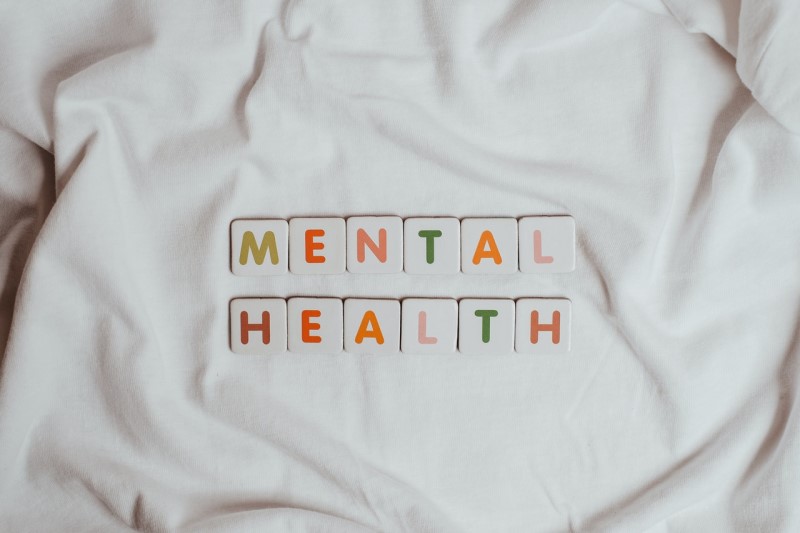Individual Counseling And Mental Health Trends

Individual counseling and the field of mental health in general have become a priority in the U.S. since early in the COVID-19 pandemic, particularly after many athletes and celebrities came forward with their struggles last year. There are many exciting developments trending in the mental health field, from trauma-informed care and expanding telehealth services to artificial intelligence and psychedelic research.
Trauma-Informed Care
According to the Adverse Childhood Experiences (ACES) study, nearly 67% of adults (nearly 2/3rds) have experienced at least one traumatic event in their lifetime before age 18 making them very common. One in five experienced three or more. Adult trauma (over the age of 18) is also prevalent and only becoming more so as the pandemic drags on.
Many things we label as problems in adulthood may be the very things that helped us survive ACES or trauma in childhood. In a trauma-informed approach, we recognize “symptoms” and “problem behaviors” as adaptations to trauma and build upon your strengths.
Telehealth Expansion
One of the first advancements in individual counseling to result from COVID-19 was increased teletherapy services. Now that so many clinicians have the necessary training and experience with telehealth technology to use it effectively, it is expected to continue expanding.
Telehealth services allow people with disabilities, transportation challenges, or who are immunocompromised to receive the care they need without leaving their homes. Beyond that, many people prefer telehealth visits simply for convenience and privacy.
Transcranial Magnetic Stimulation
Transcranial magnetic stimulation (TMS) stimulates underactive areas of the brain and has been proven effective for individuals with mood disorders like depression and bipolar disorder, ADHD, and OCD. It is increasingly being used to treat individuals who do not respond to traditional treatments.
Social Media Boundaries
There has been a great deal of scrutiny in recent years regarding the potentially harmful effects of social media platforms. More research is needed to fully understand the problems it creates and how to solve them, but many mental health experts now recommend setting “digital wellness” boundaries to mitigate potential negative effects. Healthy boundaries may include limiting screen time, unfollowing people or pages that cause stress, and not reading the comments on divisive posts.
Psychedelic Research Advancements
Growing research suggests that psychedelic-assisted psychotherapy (PAP), a form of therapy combined with ingesting a psychoactive substance, can help treat mental health conditions like depression, anxiety, and more. Psychedelics are still classified as controlled substances and illegal in the United States so the wide availability of PAP is likely still a few years away, but The DEA has recently authorized an increase in the production of psychedelics to further this research.
Artificial Intelligence In Individual Counseling
Artificial intelligence (AI) may soon be improving therapy sessions and mental health diagnoses. New research shows that AI motion sensors are useful for detecting symptoms of anxiety like tapping fingers, cracking knuckles, and biting nails. Another study has shown that AI can be helpful in training therapists.
For more information about individual counseling in Overland Park, KS, call Take Charge, Inc. at (913) 239-8255. To schedule an appointment, click here.
E-News Signup
Increase your emotional intelligence by signing up for the brief monthly eNews with Terri’s emotional intelligence tips and info.
FORM WILL GO HERE...
